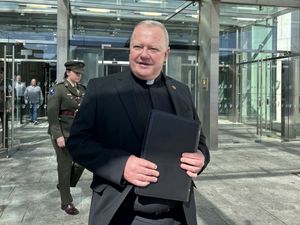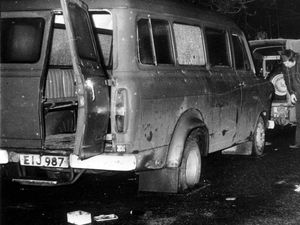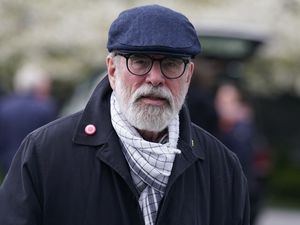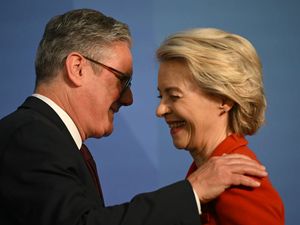Chris Philp wants guidelines around non-crime hate incidents to be rewritten
The shadow home secretary will address a major policing conference in Westminster.
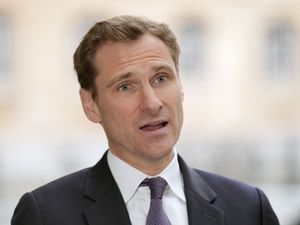
Non-crime hate incidents should only be investigated by police where there is “a real risk of imminent criminality”, the shadow home secretary will say.
Chris Philp will use a speech at a major policing conference in Westminster on Wednesday to call for guidelines around the incidents to be rewritten.
On Tuesday chairman of the National Police Chiefs’ Council Gavin Stephens said the incidents must be investigated so that “precursors to violence” are not missed.
But Mr Philp is set to tell delegates in Westminster: “The police, in my view, should concentrate on investigating and preventing crime.
“Non-crime hate investigations should not trespass upon free speech.
“I call on the Government to urgently ensure the guidance is rewritten to ensure that, only where there is a real risk of imminent criminality, should police get involved.
“We must use officers’ time to protect the public and catch criminals.
“Offensive speech is not the same as illegal speech.”
Home Secretary Yvette Cooper has said officers should use “a common sense and consistent approach” to recording the incidents.
Debate over how the incidents are dealt with erupted after officers from Essex Police visited Telegraph columnist Allison Pearson to arrange an interview about a year-old tweet.
The force later said the interview was about a potential allegation of incitement to racial hatred online.
Mr Philp – who was a Home Office minister when the code of practice for non-crime hate incidents was introduced in 2023 – will add: “You are not the thought police.
“I call on police forces to apply common sense and not waste time and resources where there is no criminality, or imminent risk of it.”
He will also urge the Government to allow police officers accused of misconduct or criminal offences in the course of duty to use the fact that they were following their training as a defence.
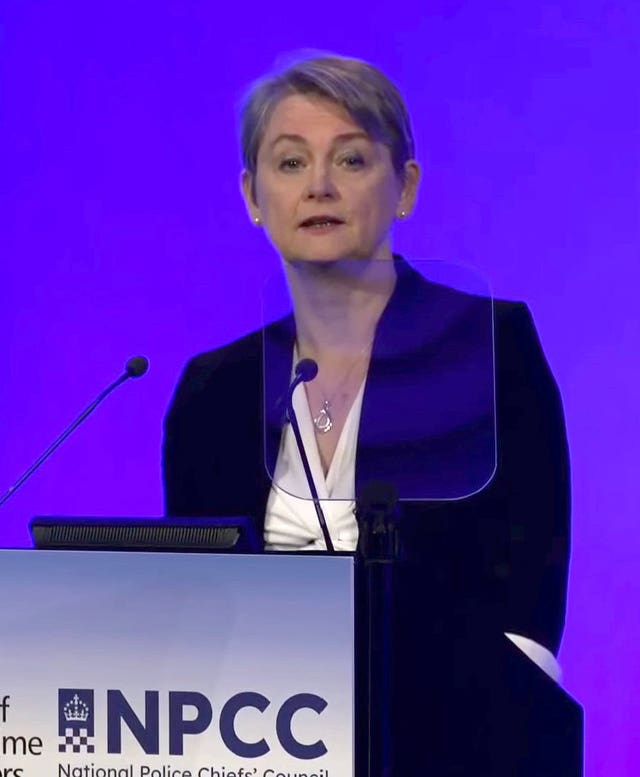
Questions were raised over the prosecution of Met police marksman Martyn Blake, who was cleared of the murder of Chris Kaba, and Pc Paul Fisher who was cleared of dangerous driving after crashing on the way to deal with a terrorist incident.
“I am concerned officers are losing the confidence to exercise their powers – such as use of force, high speed pursuit and stop and search – as required to keep the public safe and catch criminals,” Mr Philp will say.
Plans have been set out to give armed police officers anonymity if they face trial for murder, and to raise the threshold for criminal charges used by a police watchdog.
Mr Philp will add: “I believe that it should be a defence to both misconduct and criminal proceedings if an officer can show that they materially followed their training or standard procedures in exercising police powers.
“Officers take risks to keep us safe. So, we should make sure they are always treated reasonably and fairly in return.”

